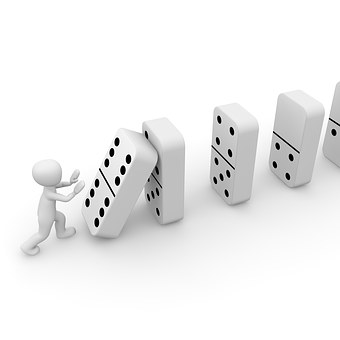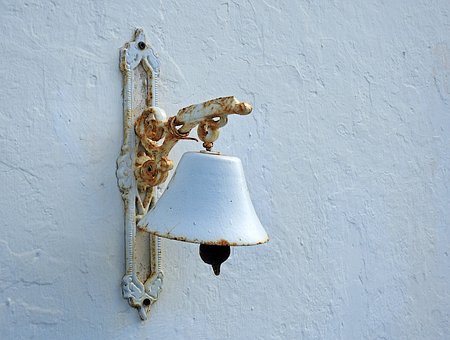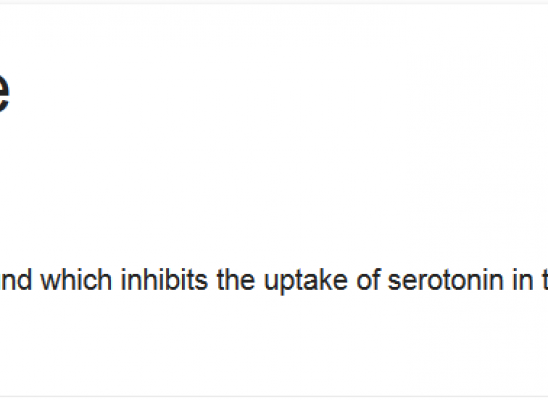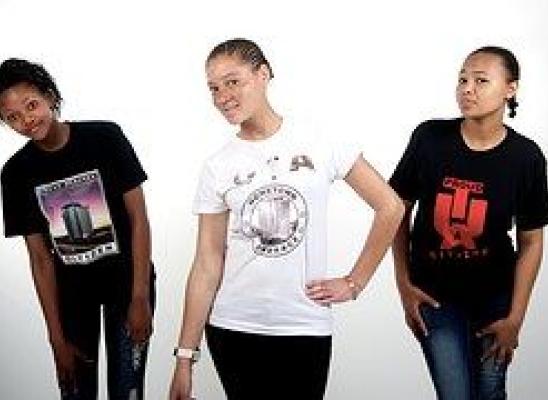The difference between a trigger and a cause of hair pulling
Online test
Find out the severity of your symptoms with this free online test
When we talk about behaviors in psychology, the word “trigger” is used a lot. A trigger, however, is not the same thing as the cause of a condition. They are two separate things unrelated to each other.
Trigger
Let’s talk about triggers first. One of the first things addressed in therapy for compulsive hair pulling is identifying what triggers someone to pull. The inclination may be to assume that question is trying to figure out the cause of pulling behavior, but it’s not. Think of it more like identifying the internal or external cues that occur right before pulling. Internal cues are things such as emotional states, thought processes, or physiological sensations. External cues are people, places, or situations. When any of those cues happen, someone with compulsive hair pulling may respond to those cues by pulling hair. The pulling serves a purpose in dealing with those cues, which is something addressed in therapy.
The concept of triggers has its roots in behavioral therapy. Remember Pavlov’s dogs experiment where he conditioned, or trained, dogs to salivate when a bell rang? Well, the bell served as a trigger or a cue and the dogs responded physiologically.
Anxiety and stress is known to be a trigger for a lot of people who struggle with hair pulling.
Anxiety is experienced differently by everyone, but in this case, our client used to feel an uncomfortable physical sensation when anxious that was relieved when hair was pulled out. The bell of anxiety went off, the uncomfortable physical sensation was felt, and our client pulled hair to relieve the discomfort. Over time, that compulsion became so great, that now the person feels anxiety and pulls at once without feeling the physical discomfort.
This is an oversimplification of a complex behavioral process, but many triggers are created from a behavioral sequence that made sense once, but over time became part of an automatic process. By the time someone gets to therapy, it is reasonable that they do not know why a trigger is a trigger.
Cause
The key difference between a trigger and a cause is that just like the bell did not cause the dog’s to salivate, anxiety does not cause compulsive hair pulling. A cause is something that directly brings about an action or condition. For example, drinking alcohol causes intoxication. Mutation of the CFTR gene causes cystic fibrosis.
While we are learning more about triggers that exacerbate hair pulling behaviors, scientists do not know what causes someone to pull hair. This is the case with a lot of body-focused repetitive behaviors (BFRB). Almost everyone experiences anxiety and stress at some point in their lives, so why do some engage in BFRB and other do not? Some research suggests there is a genetic vulnerability involved, but there isn’t enough evidence to say that for sure, nor has any gene been identified to support that suggestion. The speculation of a genetic vulnerability is based upon research showing that people with a family history of obsessive-compulsive related disorders are more likely to have hair pulling disorder. Modern research is looking at neurological and genetic causes for the disorder, but conclusions are a long way in the future.
The good news is that one does not need to know the cause for something to treat it. If triggers can be identified and managed, people with body-focused repetitive behavior disorders can retrain themselves to respond to triggers in a healthier way.
Online test
Find out the severity of your symptoms with this free online test
Start your journey with TrichStop
Take control of your life and find freedom from hair pulling through professional therapy and evidence-based behavioral techniques.
Start Now



